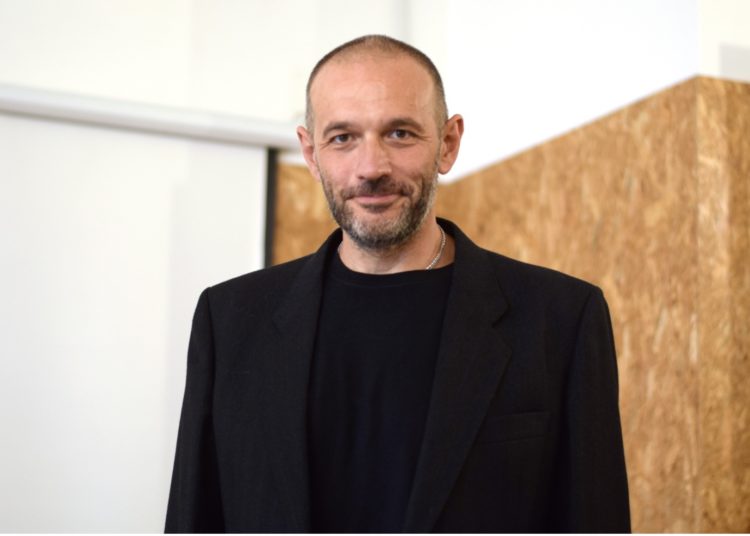This post is also available in: Français (French) العربية (Arabic)
“The roads leading to our homes have become piles of rubble. We can no longer even reach our houses or workplaces,” laments a woman from Nabatiyeh in southern Lebanon. Returning to her home after the war, she could hardly recognize it. “All the windows were broken. I had no money to fix them, so I had no choice but to cover them with nylon sheets. That’s what most of the women in my town did. Winter is coming, and we can’t wait for help. Rain would flood our houses, and the cold would be unbearable.”
Another resident explains, “We’ve cleaned our homes, tried to restore what we could, but the damage is overwhelming. Every room, every door, every cupboard has been affected, and some families have found nothing left to salvage.”
For Rayan, a young woman from Tyre, the devastation is deeply personal. “My mother is still heartbroken. Seeing the house destroyed has broken her spirit. We try to comfort her, but she insists on selling the house—or at least what’s left of it,” Rayan says. “This house was her entire life. She can’t bear to see it like this. She’s tried clearing away the rubble herself, hoping it might bring her some sense of hope.”
After a war that displaced over a million people from the South, the Bekaa, and Beirut, many families returned to find their homes either razed to the ground or severely damaged, requiring immense financial resources to rebuild. While reconstruction progresses slowly due to insufficient funding, women have taken the lead in restoring their homes despite immense challenges. Some have cleared rubble in the absence of rescue teams and proper equipment, while others have found creative solutions, such as replacing shattered windows with nylon or cooking outdoors on wood-burning stoves, as their kitchens lie in ruins.
The toll of the war is staggering. Official figures report over 4,000 deaths, including 290 children, 790 women, and 241 health and rescue workers. More than 14,000 people have been injured, and over a million displaced within hours. According to World Bank estimates, the reconstruction effort will require at least $5 billion and could take over four years to complete—assuming the necessary funds become available.
With political deadlock over the election of a President of the Republic, the reconstruction process remains stalled, awaiting clearer political conditions and decisions. In the meantime, countless families must wait for relief while finding innovative ways to make their homes liveable again. As in wartime—and in the uncertain aftermath—women carry an additional burden. They face challenges often beyond their capacities: cooking without gas, living in houses without doors, teaching children without desks, enduring the cold, and helping children and the elderly cope with it—particularly as winter storms approach.
Hezbollah and its specialized committees have started distributing some aid and assessing damages. However, regional and international data highlight their inability to meet all needs, with an estimated 99,000 residential units partially or completely damaged. Lebanon’s public debt, now exceeding 150% of GDP, and its nearly bankrupt public institutions leave families with little recourse. Sleepless nights, exhaustion, and frustration dominate as the state lacks the means to fund reconstruction. International donor support is now essential, yet such aid remains conditional on political and structural reforms—challenges that seem insurmountable amid ongoing political tensions.
In peace and war: women at the heart of the storm
A United Nations report on women, peace, and security reveals that the proportion of women killed in conflicts worldwide has doubled in the past year, now accounting for 40% of all casualties. In Lebanon, although the conflict affects civilians of both genders, women and girls endure greater suffering due to their distinct status in society and discriminatory social norms. This makes them more vulnerable to sexual and gender-based violence and increases their burden of unpaid domestic work and care giving responsibilities.
The burden on women has worsened with children dropping out of school or attending remote learning, alongside the need to manage household chores in shelters often lacking adequate water, sanitation, and hygiene facilities. Tasks like bathing or washing clothes become significant challenges. On top of this, women bear the emotional weight of managing their children’s psychological trauma from the bombings.
The UN report notes that women make up nearly 52% of those displaced by the war in Lebanon. Even after the fighting has ceased and a fragile truce is in place, they continue to shoulder care giving and domestic responsibilities, with the prospect of reconstruction remaining distant. Many families, reluctant to wait for aid that may never come, have chosen to repair their homes as best they can. Others have been forced to rent accommodations in unaffected areas, having lost everything in the war.































